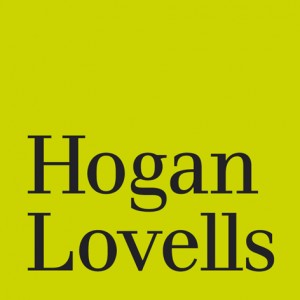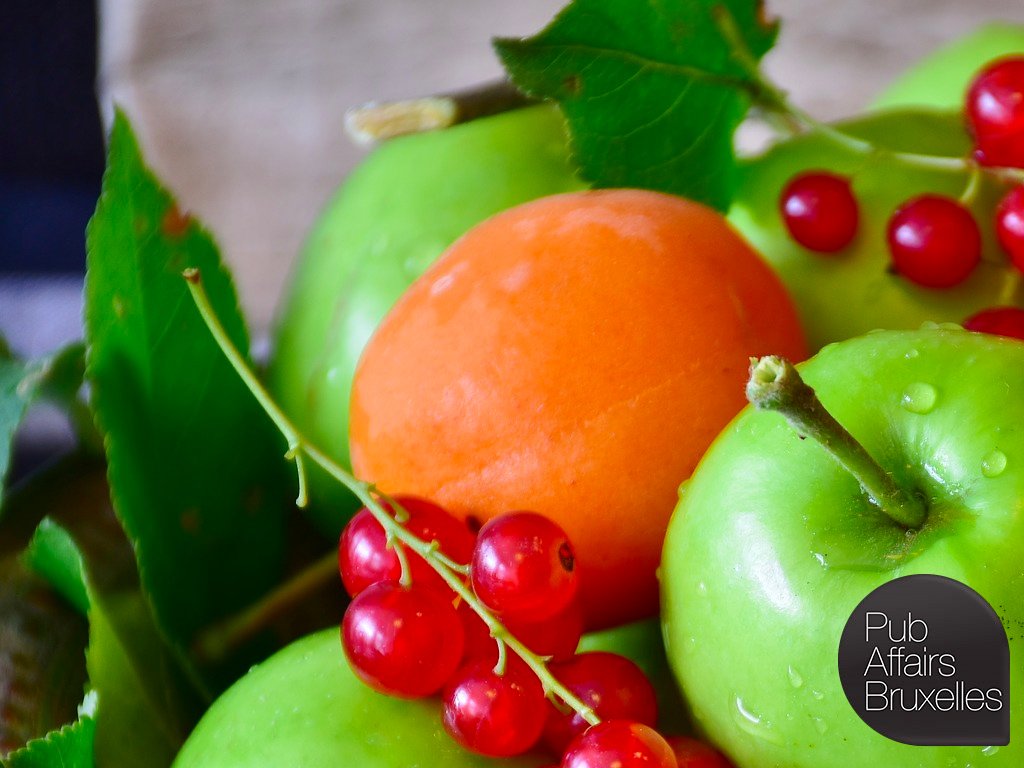We are most pleased to invite you to participate in an evening of discussion on the theme of the food supply chain in Europe and the way towards fairness, integration and competition with
- Mr Carl-Christian Buhr, Member of Cabinet of the Commissioner for Agriculture;
- Mrs Else Groen, Representative of the “Food Supply Chain Initiative”;
- Mr Paulo Gouveia, Director of the General Affairs Department, Copa-Cogeca.
The debate will be moderated by Lewis Crofts, Chief Correspondent at Mlex.
This event is kindly sponsored by:

About the debate
The food supply chain affects the daily life as well as the well-being of European citizens with average European household spending around 15% of their budget on food and grocery shopping. However, in recent years, the functioning of this important sector of the European economy has come under scrutiny. Several studies, publications and institutional stances have in particular highlighted different concentration levels in the food supply chain and possible imbalances in negotiating power flowing from them. The surge in food prices in 2007 and the subsequent drop in agricultural commodity prices set off much of the interest of the European institutions in this topic.
In 2010, the Commission set up the High Level Forum for a Better Functioning Food Supply Chain, in order to investigate possible means of enhancing the efficiency of the food supply chain as well as the competitiveness of the agro-food sector. Before and after the renewal of its two-year mandate, which expired at the end of 2014, the High Level Forum met and discussed regularly a series of crucial areas including the issue of business-to-business trading practices. The Forum generated a voluntary framework launched by seven EU level associations, called the “Supply Chain Initiative” with the aim of increasing fairness in commercial relations.
Also during the reform of the Common Agricultural Policy, the issue of negotiating power was at the top of the agenda with the stated aim of strengthening the bargaining position of farmers. The reform resulted indeed in the extension of provisions on collective bargaining to several agricultural sectors, including beef and cereals and certain other arable crops. But more far-reaching reforms touted by some, did not make it to the final text.
In July 2014, the Commission issued a communication on unfair practices in the food supply chain which encourages Member States to improve the protection of small players in the food chain against stronger trading partners. The communication suggests to build on the Supply Chain Initiative but also to go further than this by strengthening enforcement mechanisms at a national level. The Commission intends to evaluate the progress made by the Member State in the implementation of these recommendations in the course of 2015.
As the new European Commission working programme pledges to improve and update the Europe 2020 strategy, as well as to renew and integrate the approach towards the Single Market with special regard to SMEs, key players in the food supply chain, further regulatory stances can be expected in the future. The question therefore is: are the current measures adopted by the Commission working? And more generally: which is the way towards a fair, competitive and integrated food supply chain in Europe?
Please note that the debate will be held under the Chatham House Rule. The event will commence with a welcome drink at 7h00 pm, followed by a debate at 7h30 pm. After the debate there will be an opportunity for questions and discussions. We look forward to seeing you at 7h00 pm on the 25th of February at Science14 Atrium, rue de la Science 14-B, Brussels.

